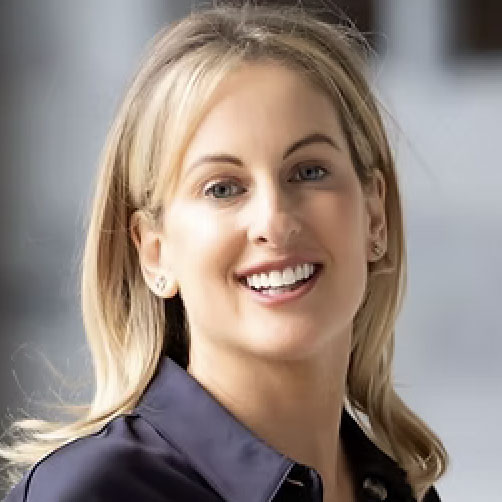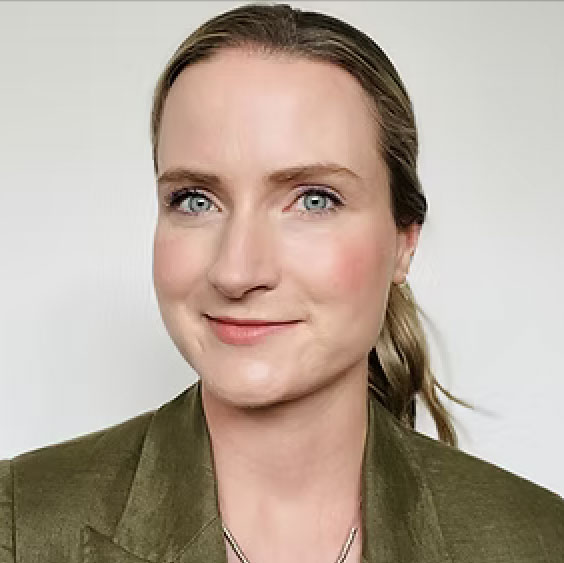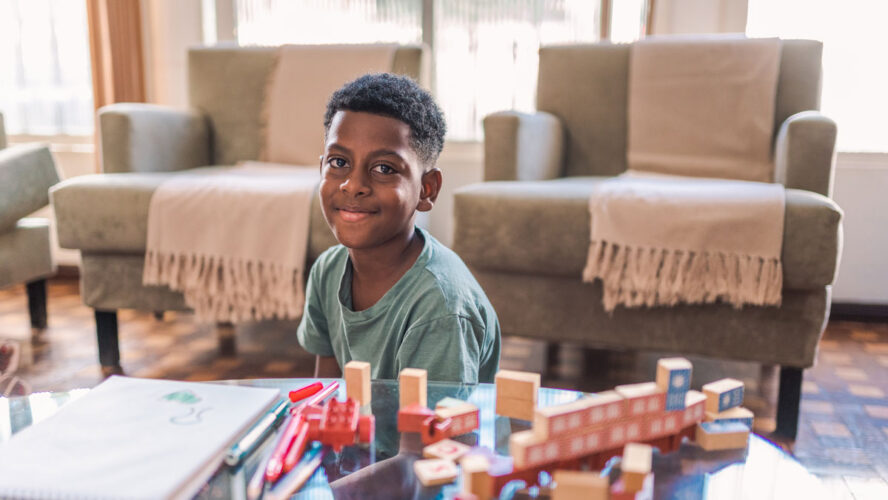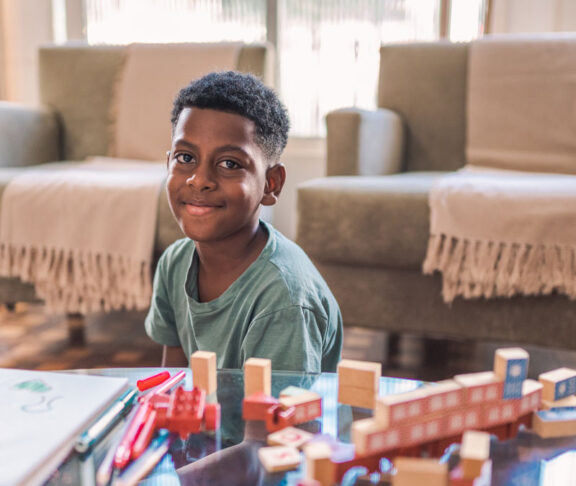
Lisa Maloney
Co-Founder, Executive Director, Neuromed

Jennifer Keane, MRCPsych
Consultant Child and Adolescent Psychiatrist
Attention deficit hyperactivity disorder (ADHD) is a common yet misunderstood childhood neurodevelopmental condition. Experts highlight how schools, parents and medical professionals can help children with ADHD thrive.
According to Dr Lisa Maloney, Neuromed Cofounder: “It’s important to recognise that ADHD is not a behavioural problem; it is a neurological condition. Children are not choosing to be distracted or disorganised. Instead, many work incredibly hard to meet expectations, which can be emotionally exhausting.”
Every child’s ADHD is unique
“Masking can be a big issue when it comes to recognising the condition,” she continues. “Children can often try to appear as though everything is under control, seeming calm and organised at school, but by the time they get home, they become completely burnt out.”
With three main types — hyperactive-impulsive, inattentive or combination ADHD — each child’s experience is unique, meaning strategies that work for one may not work for another. “Collaboration is extremely important,” says Dr Jennifer Keane, Consultant Child and Adolescent Psychiatrist. “Parents should feel confident to advocate for their child, to ensure that the school effectively recognises their individual learning style.”
The goal is to help children
engage more fully and reduce
the emotional burden they carry.
Seeking assessment and treatment
Neuromed Clinic in Dublin and Galway provides online ADHD assessment from the comfort of home, followed by expert follow-up care, for children aged 9–17 and adults. With a team of psychologists, psychiatrists and occupational therapists, they specialise in cognitive behavioural therapies tailored to managing ADHD symptoms. “Common symptoms include difficulty paying attention or sustaining focus, forgetfulness, impulsivity or inattentiveness and difficulty with organisation,” explains Dr Keane.
At school, movement breaks or extra time during exams can help children to thrive. At home, routine and environment are key. “Providing them with a calm, quiet and decluttered place to complete homework can make a world of difference,” she adds.
The role of medication in childhood ADHD
“Stigma around ADHD medication use is a common concern for parents, and understandably so. Parents have the right to question what their child is being prescribed,” says Dr Keane. “Research shows that, when prescribed appropriately, medication is linked with lower rates of substance misuse, fewer accidents and even a reduced risk of teenage pregnancy.”
When prescribed under NICE guidelines and monitored alongside assessment of potential co-morbid conditions by a psychiatrist, medication can have a positive impact on a child’s daily life.
“When prescribed correctly, medication can be transformative. However, it’s never a standalone solution; it works best alongside psycho-education, lifestyle changes and family support, both for the child and the parents,” explains Dr Keane. “The goal is to help children engage more fully and reduce the emotional burden they carry.”


